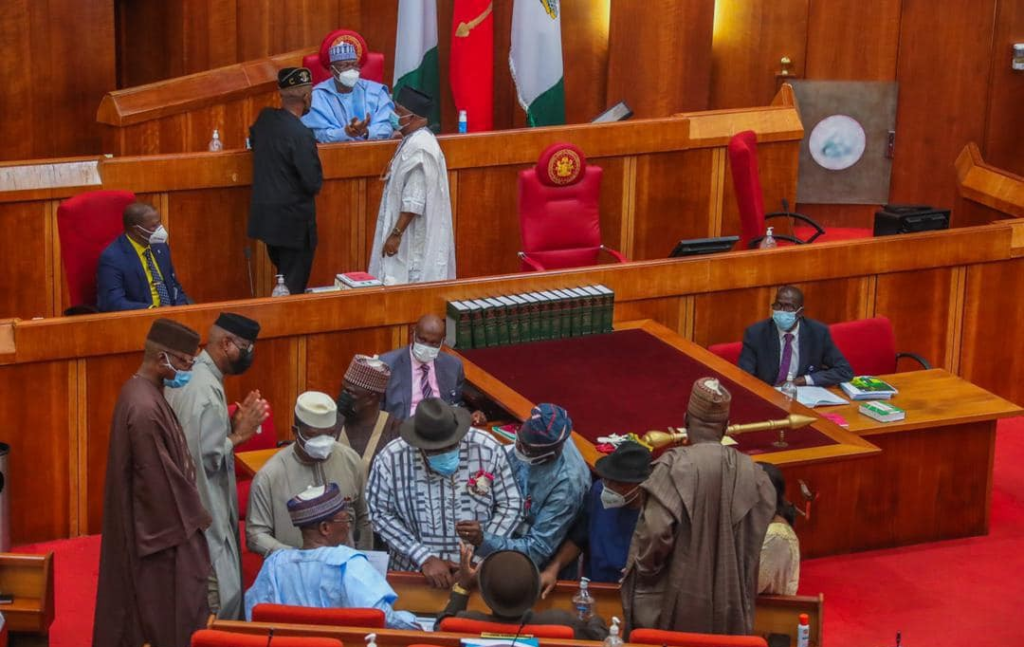July, 2021

The oil and gas industry is the backbone of revenue for Nigeria’s
economy, yet, the oil and gas reserves in Nigeria have remained
stagnant for decades, and this stagnancy has cast a dark shadow on the
entire industry. Even in stagnancy, the current level of activities being
carried out in the industry has grossly failed in retaining value in the
country. While attempts have been made, via local content laws, to
remedy this situation, our retainment can only go as high (or low) as the
investment level goes.
The current level of investment [or lack of it] in the country shows that
investors are generally opposed to uncertainties and there is a thick
shroud of uncertainty hovering over the fiscal climate in Nigeria’s oil and
gas industry. The Petroleum Industry Bill crafted with every intention to
correct many of the anomalies in the industry and provide a new fiscal
regime has been passed by both chambers of the legislature. During its
journey through the legislature, the bill endured a series of changes,
most of which show an almost desperate need by the legislature to
attract investment into the country through reduced taxes and other
incentives.
As of the time of writing, the bill is awaiting assent by the President, after
which the bill will become law. In anticipation of this, Moneda R&I
analyses the provisions of the bill as well as its possible impact on the
industry and the country in general.
Leave a Reply